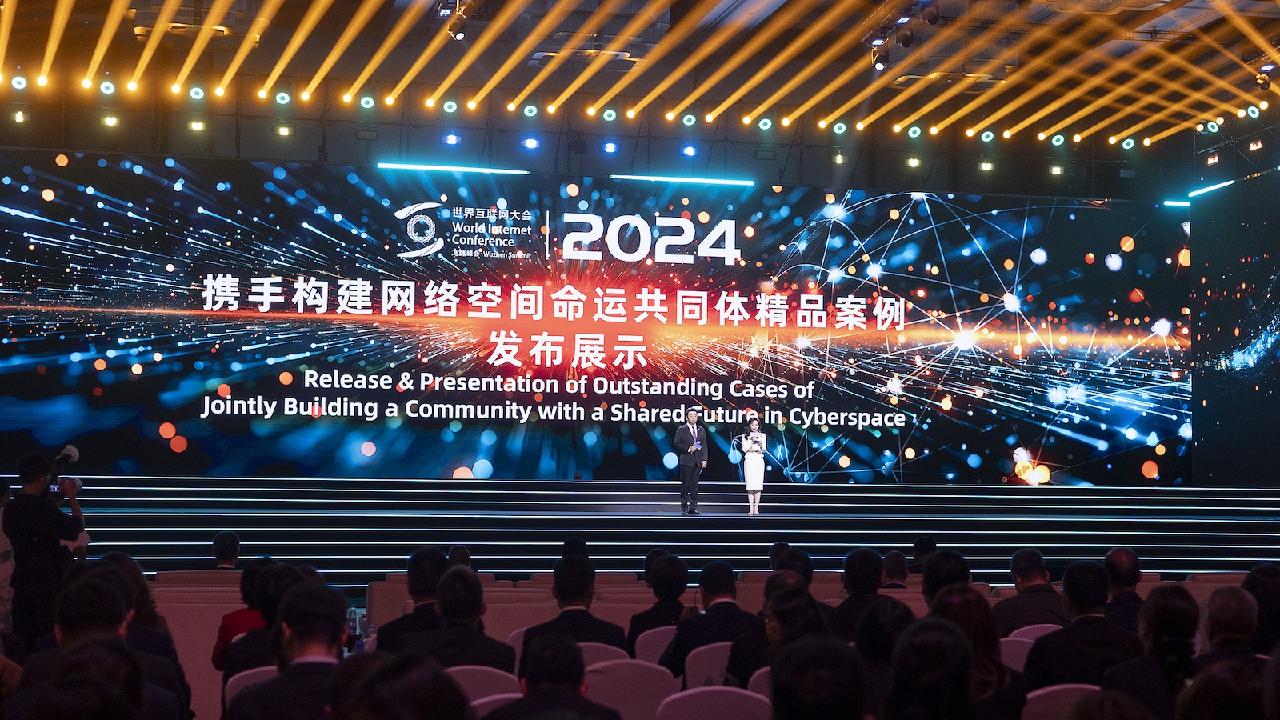Event on Creating a Collective Cyberspace Takes Place in Wuzhen, China
A presentation focused on the development of a shared cyberspace took place in Wuzhen, China.

The concept of "building a community with a shared future in cyberspace" was first introduced by Chinese President Xi Jinping during the second WIC in December 2015, garnering considerable attention and recognition from the international community.
Cao Shumin, deputy chief of the Cyberspace Administration of China, stated, "Building a community with a shared future in cyberspace is a concrete embodiment and major practice of the vision of building a community with a shared future for mankind and a manifestation of our great interest in the common well-being of humanity, reflecting the shared aspiration of the international community."
Since 2021, the WIC has highlighted outstanding cases of "Jointly Building a Community with a Shared Future in Cyberspace" for three consecutive years. This initiative showcases the innovative spirit of the internet and shares compelling narratives of international cooperation and exchanges in cyberspace, contributing insights and methodologies from China regarding internet development and global governance.
After a thorough review by 30 authoritative experts from various sectors, 13 notable cases emerged from over 230 submissions worldwide, many of which directly relate to everyday life.
KaiOS, created in 2016, aims to connect non-smartphones similarly to smartphones. "The 'Kai' in the KaiOS comes from the Chinese word meaning 'open'," noted Sebastien Codeville, founder and CEO of KaiOS Technologies. "We hope to open the door to the internet world for everyone."
Another prominent case is "A Taste of China," a collaboration between Google Arts & Culture and the World Federation of Chinese Catering Industry, which enables global users to explore the stories behind Chinese cuisine, history, and culture.
Yang Zhigang, deputy director of the Education Management Information Center of the Ministry of Education of China, discussed the creation of a global education and research system based on a database platform. In addition, Zhang Lianchong, executive deputy director of China’s National Earth Observation Data Center, presented a case focused on enhancing global cooperation for space-based disaster reduction and working to close the digital divide.
The selected outstanding cases span various fields, including international governance of cyberspace, maternal and child health support, facilitating digital payments and financial services for small and micro enterprises, the innovative role of big data and AI in scam prevention, and the digital transformation strategies that empower global enterprises to achieve high-quality development.
Frederick R Cook for TROIB News
Discover more Science and Technology news updates in TROIB Sci-Tech












